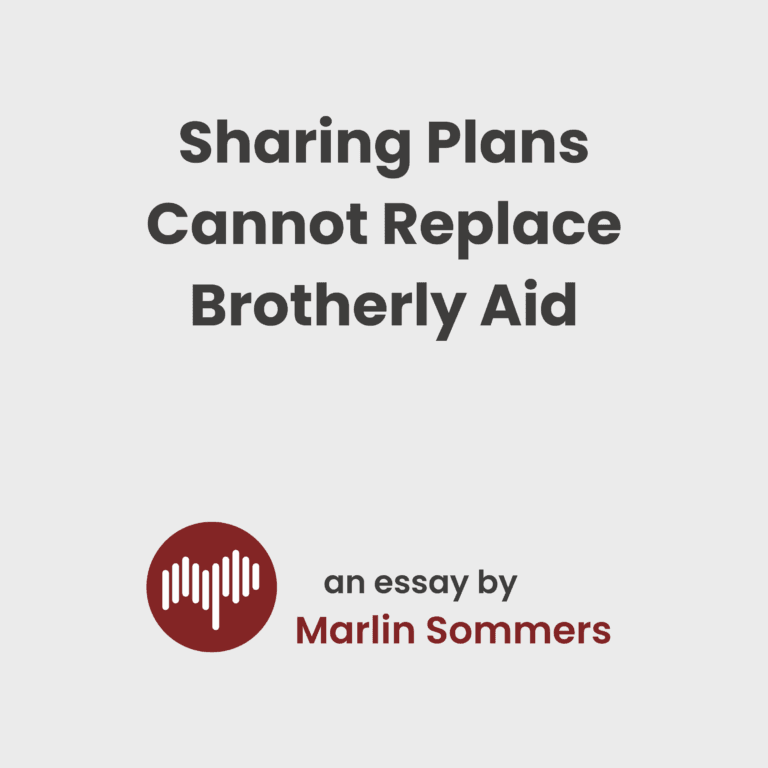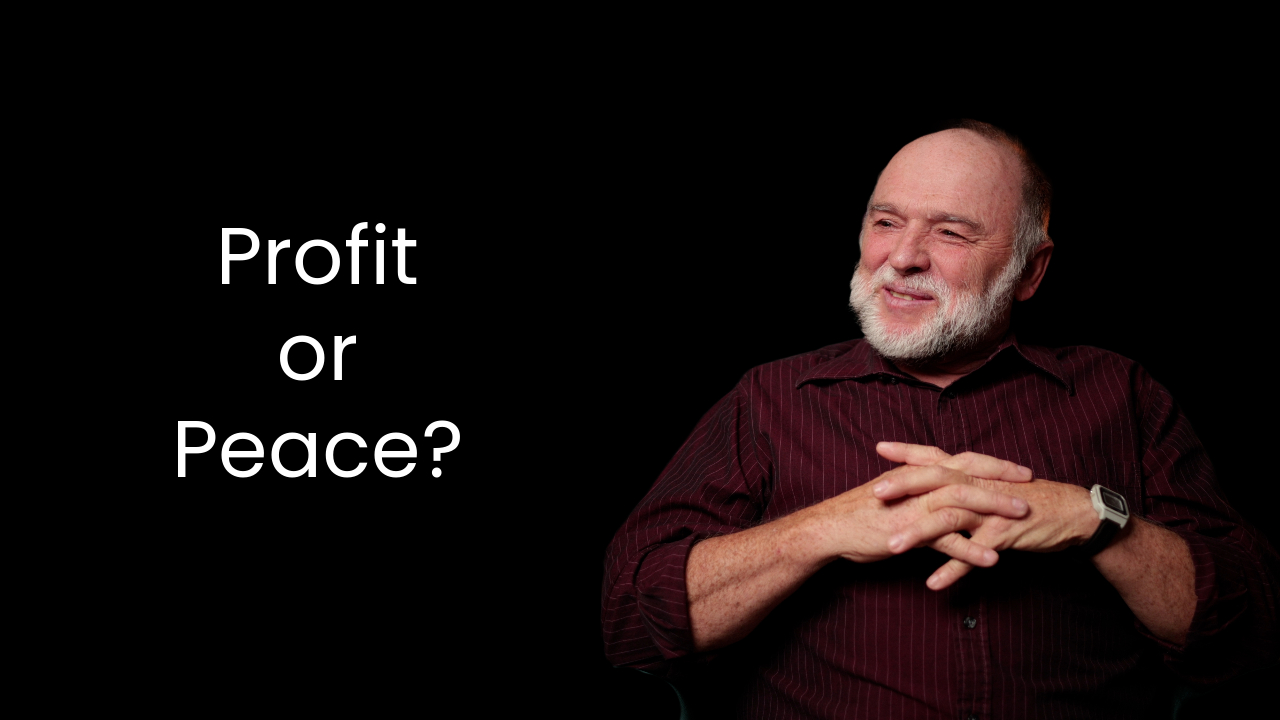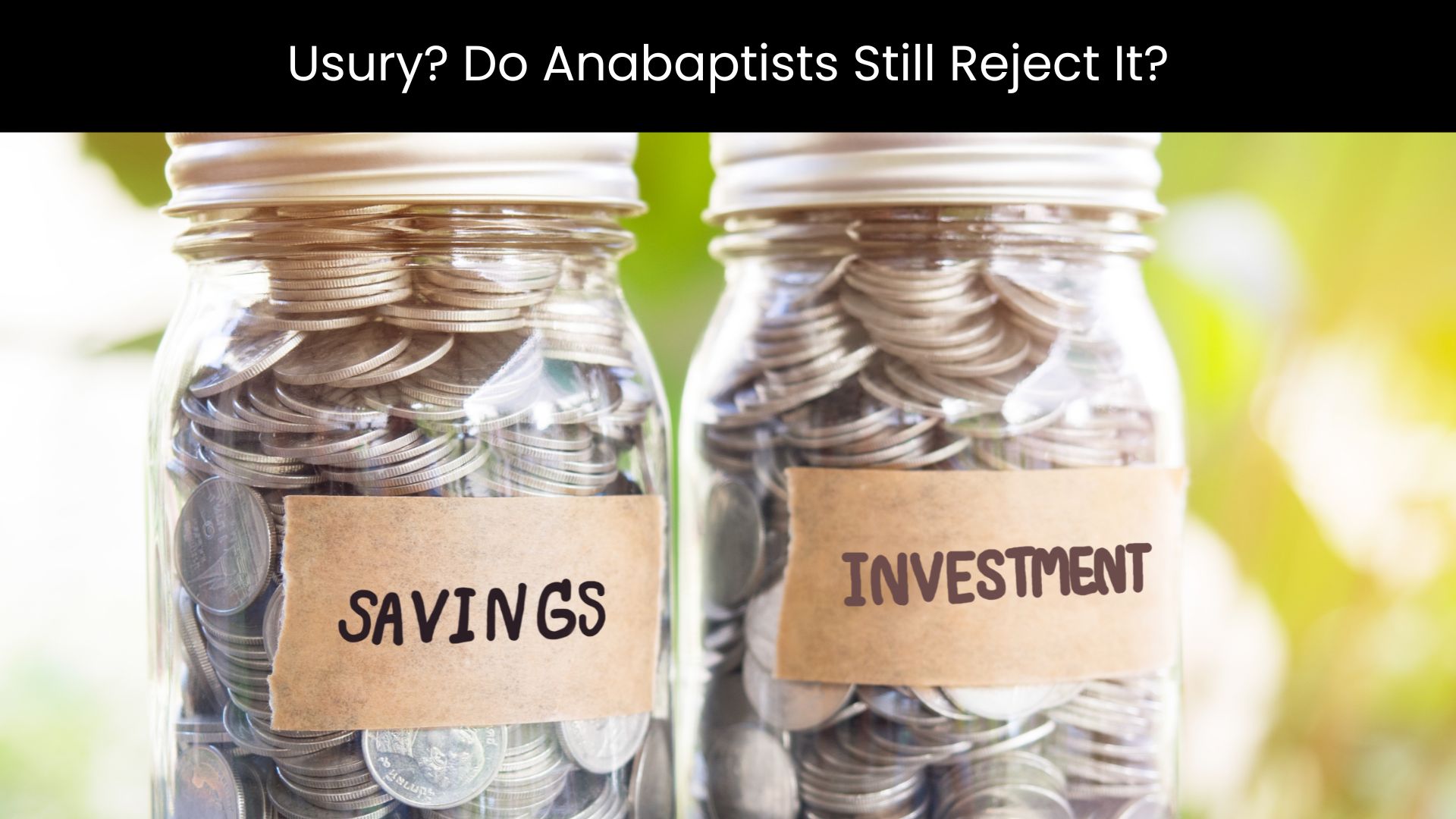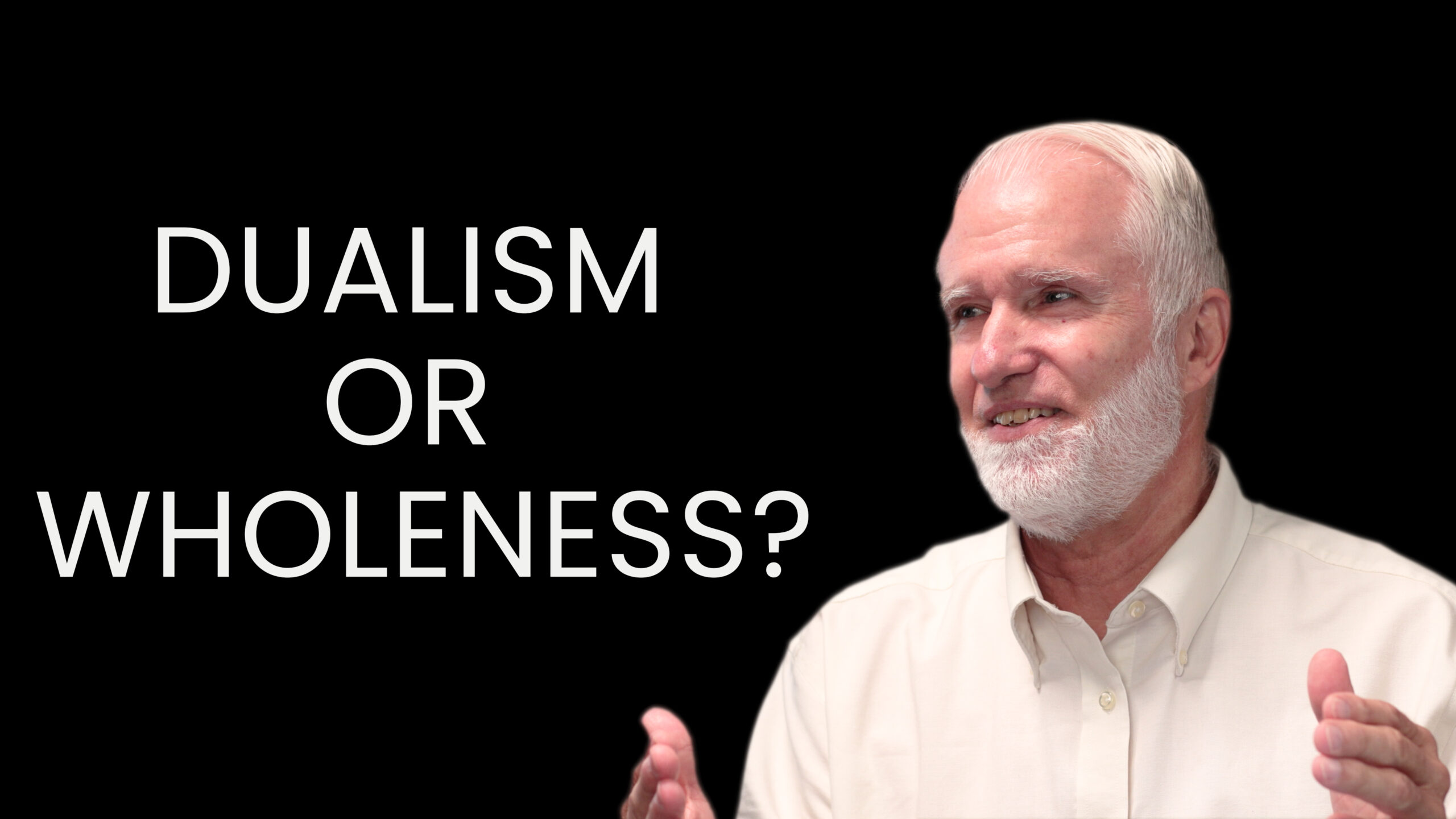Sharing Plans Cannot Replace Brotherly Aid
The Law said there would be no needy among Israel. This was not because no one would suffer loss or become poor, but because God told his people how to respond to losses or poverty. In Deuteronomy that included interest free loans that were wiped out every seven years[1]. The author of Acts tells us that there was no needy among the Jerusalem church. Again, this is not because there were no causes of poverty, but because “all who were owners of land or houses would sell them and bring the proceeds of the sales and lay them at the apostles’ feet.”[2] The righteousness of the law was fulfilled by believers who walked according to the Spirit. This vision of brotherly sharing in the face of hardship permeates the New Testament.[3]
How do Christian “sharing plans” fit in this picture? Christian Health Care Sharing Ministries are popular in the US and were even accepted by the US government as satisfying the individual mandate for health insurance that was enforced in the 2010’s. Some laud these programs as examples of “bearing one another’s burdens.” Others think such plans replace free will sharing with paying premiums. They would rather see informal sharing, often through church alms funds.
One brother told me that in his setting, members tend to look at sharing plan contributions like insurance payments and deacons do not know what to with money in the alms fund because medical needs are covered by the sharing plan. I have often heard more general versions of this concern. Wealth, it is said, makes us self-sufficient; we no longer need each other, and our sense of brotherhood is weakened.
I am a satisfied member of both a medical sharing plan and a similar sharing plan for property protection. Sharing plans are a genuine good, but they are at best only one part of bearing one another’s burdens. The sharing plans I am familiar with are risk distribution schemes, and thus, by their very nature, they do not address the situations where brotherly aid is most urgently needed. Roughly speaking, health care sharing plans average out the cost of healthcare. Instead of some facing millions in medical bills while others have only hundreds in medical bills, all participants face thousands in medical expenses. By definition, averaging out the cost of healthcare is only helpful for those who can afford the average cost of healthcare. In the same way, property protection sharing plans distribute the risk associated with the destruction of houses or tractors. This does not help those who do not have house or tractor to start with, or who cannot pay the contributions.
Neither sharing plans nor commercial insurance are need-based. True, payouts are only triggered by a loss, but that payout is the same whether the loss creates a desperate need or whether it results in a mere annoyance. If a barn burns, the administrators will assess the damages and calculate a payout based on what coverage the farmer had and what it will take to restore or replace the barn. This calculation does not differentiate between farmers who just received a windfall natural gas contract and farmers who just experienced three years of crop failures in a bad market while dealing with chronic illness. That is to say, the payout is not based on what the particular recipient needs. In the same way, medical sharing plans are based on mathematical formulas that have nothing to do with the particular financial situations of various members.
I believe sharing plans, and commercial insurance, are useful tools. But no matter how sophisticated our risk distribution schemes may become, there will never cease to be poor among us. Death, illness, accidents, wars, financial reverses, and economic collapses will create needs that call for generous sharing, not just making sharing plan contributions. There will always be needs among God’s people that call for giving alms both on a local level and internationally. If, after sharing for such needs, we still have more of God’s money than we know what to do with, then we should evaluate whether we are as ambitious as we should be in advancing Christian teaching at home and abroad.
Risk Distribution Is Good
Insurance often gets a bad rap. Certainly, some people are over-insured, and insurance can bog things down. But insurance distributes risks in ways that enable great good. Insurance is what makes it possible for me to shoulder the possible liability that comes from piloting a chunk of steel down the highway. I am financially liable for damages caused by my driving. Without insurance I could only be prepared for that liability by holding a large reserve of easily liquidated assets. With insurance, I only need to fit the premiums into my operating budget. Similarly, insurance lets a contractor assume liability for damage he might cause to a customer’s home without keeping a million dollars in available cash.
The genius of risk distribution schemes is that they convert undefined risks of extraordinary losses into normal operating costs. Just like commercial insurance, a sharing plan can systematically distribute financial risk. A sharing plan will do nothing to protect me against dying in a house fire, but it can take the monetary risk of losing my home and convert that into a modest part of my living expenses. If the house burns, the sharing plan will supply the cash to rebuild it. Health insurance will not keep you from getting sick. It can convert the undefined financial risk of huge medical bills into a predictable monthly expense.
One benefit of sharing plans is that they allow brotherly aid to be channeled to the greatest needs. In the absence of a sharing plan or insurance, most major medical costs would have to be met through some sort of alms. Most people will not be in position to simply pay major bills out of pocket. However, the number of people who can afford insurance premiums or sharing plan contributions is much greater. Effectively this means that fewer people will need support from alms gifts to cover their medical expenses.
If you find it concerning that sharing plans reduce the need for alms, let me challenge your thinking. Consider a different situation. Massive unemployment would create a great need for almsgiving. Almsgiving is a Christian response to such situations. So is buckling down and spinning up enterprises that create job opportunities so that more people can work and provide for their own needs. Having more alms funds than alms needs is a good problem to have.
Like job creation, insurance and sharing plans are forms of economic activity that make it easier for people to care for their own needs. I hope not to receive payouts from the insurance premiums I pay on my vehicles, because I hope not to have accidents. I am glad that when someone else has an accident it doesn’t have to financially devastating for them because I and many others have partnered in a risk distribution scheme. Godly business deals of any sort should be based on the premise that they benefit both parties. We may wince at calling sharing plans business deals, but the fact that we enter them to protect ourselves against risk does not make them bad. Sharing plans and insurance are exchanges that accomplish good in the world; they are not gambling, even if a famous insurance company had origins in coffeehouse gambling.
At the same time, I don’t fault Christian who choose to share risks informally rather than use sharing plans or insurance. If brothers and sisters simply address major expenses as they arise by contributing freely to those needs rather than by having a risk distribution program in place, that can be a powerful expression of having their resources common. For better or for worse, this practice will blur the line between meeting one’s own needs and giving to others. Some will find this off-putting: “You call it giving, but all you are doing is routing your insurance premiums through the church” Others will see it simply as part of sharing life together. In these situations, it is important to give diligent attention to be sure the needs of the most vulnerable are addressed and that everyone is helping others as they are able.
Sharing Plans versus Commercial Insurance
For a mix of theological and cultural reasons many of us Anabaptists prefer sharing plans to commercial insurance. Sharing plans, at least Anabaptist ones, are more likely to accept principles of non-resistance rather than pushing members to engage in lawsuits or questionable legal tactics to recover damages. Sharing plans keep their overhead low by using simple policies with low actuarial complexity and, often, by relying on volunteer representatives in local churches to handle some of the administration. They operate on a high degree of trust and on the assumption that church members can make good judgements about situations involving one of their own. Sharing plans do not make any guarantees of payment or coverage, and they reserve the right to ask members for extra contributions to cover extraordinary expenses. This trust-based, low bureaucracy approach resonates with community values. It also makes them remarkably cost effective compared to commercial insurance.
The greater cost effectiveness of sharing plans, particularly for healthcare, should not be dismissed as a mere convenience. It is a community achievement that puts systematic health coverage within reach of many people who could not afford commercial health insurance. At the same time, we should remember that these plans typically provide a lower level of coverage than commercial insurance. They are also often made more financially viable by relying on government run programs for the elderly and for some with needs for extensive ongoing care.
How to Practice Brotherly Aid
Brotherly Aid Sometimes Means Paying for Insurance
A brother told me about a church he used to attend. The pastor would publicly urge members to have health insurance and let them know the church would help them with the cost if they could not afford health insurance. While many Anabaptists are not fond of health insurance, this approach clearly succeeds in encouraging those who can carry their own load to do so while channeling brotherly aid where it is most needed. Assisting with the cost of insurance or of a sharing plan can be an effective way of aiding a brother or sister.
Should We Treat Sharing Plans as Brotherly Aid?
One could treat sharing plans as brotherly aid by paying contributions but declining benefits whenever they can afford the loss. If a large number of people paid into sharing plans, but never turned in their medical bills, this would keep contributions lower for everyone. Should one do that? Or is it better to accept the payouts and use the resources for other ways of helping others? That is a personal question, but also one your sharing plan administrators might want to weigh in on.
See Situations that Fall through the Cracks
We should be aware of situations that are not well addressed by sharing plans. We may have people in our congregations experiencing job loss, inability to work because of chronic illness, business failures or simply a difficult economy. Small bills and extensive time costs dealing with smaller illnesses can add up, even if they stay under the deductible or “initial patient responsibility.” We must be ready to help.
Remember Brotherly Aid Is International
The New Testament letters contain a massive story that is too easily missed.[4] Perhaps because it is mentioned in various letters rather than told as one continuous story. That story concerns the collection that Paul gathered from the Gentile churches and took to Jerusalem for the needs of the saints. Paul goes so far as to say that his goal was for “fairness” among geographically distant congregations.[5] I am not saying we should disregard the dangers of slinging money around without local context. We should probably follow the example of the Christians at Antioch who delivered relief to Jerusalem through the hands of wise local elders.[6] We should learn what we can from the experience of those who have thought hard about how to make outside resources bless rather than curse struggling communities. But we need to be clear that bearing one another’s burdens is not restricted to our local congregations.
Be Ambitious in Kingdom Work
If, at the end of the day, brothers and sisters still worry that they don’t need each other and that their wealthy society makes them self-sufficient, perhaps the answer is a lack of ambition. When we are working hard for the kingdom, it becomes obvious that we can’t do it alone. If we are indeed in a situation where we are meeting local needs, contributing heavily to the global church, and of course, not obtaining our money by fraudulent or workaholic methods, and we still feel like everybody has too much money for their own good, we need to ask if we are ambitious enough. Are we launching church plants? Are we making the most of opportunities to disciple others locally and around the globe? Are we freeing up men to spend adequate time and energy teaching the people in their congregations “both publicly and house to house”? The New Testament is clear in its call for financial support for those who travel to reach the nations and for financial support for those who labor among the believers in preaching and teaching. When we devote the seriousness we should to discipling and teaching both at home and abroad, both within and without the church, we will find a task that we cannot do alone. We will need to pull together, including financially, in pursuit of those goals.
[1] English translations in Deuteronomy 15 vary, but the overall sequence is pretty clear. 15:4 talks about there not being any poor among Israel, 15:7 says what to do if there is a poor person among you, and 15:11 says that the command to lend freely comes because “there will never cease to be poor in the land.”
[2] Acts 4:34-35. The term “needy” (endees) is used only here in the New Testament but is the word used for “the poor” in the LXX of Deuteronomy 15. Thus, I take Luke’s use of the term to be an allusion to this passage in the Greek Old Testament.
[3] I do not discuss government involvement in healthcare or support of the impoverished in this essay. Government policies will affect the details of needs. They will not change the principle that individuals and families should meet their own needs where they can, and they will not eliminate the need for God’s people to be generous.
[4] Joshua Jipp says: “It is likely that the level of importance with which Paul treated the financial collection undertaken by his Gentile churches for the Jerusalem church is not matched by the amount of scholarship devoted to its exploration. The collection for the Jerusalem church occupies significant portions of the Pauline epistles (1 Cor 16:1–4; 2 Cor 8:1–9:15; Rom 15:14–32), spanned the course of years of Paul’s ministry, and was something that Paul claimed he was prepared even to die for (Rom 15:30–31).” https://www.thegospelcoalition.org/themelios/review/the-offering-of-the-gentiles-pauls-collection-for-jerusalem-in-its-chronolo/
[5] First Corinthians 8:14
[6] Acts 11:29-30








Leave a Reply